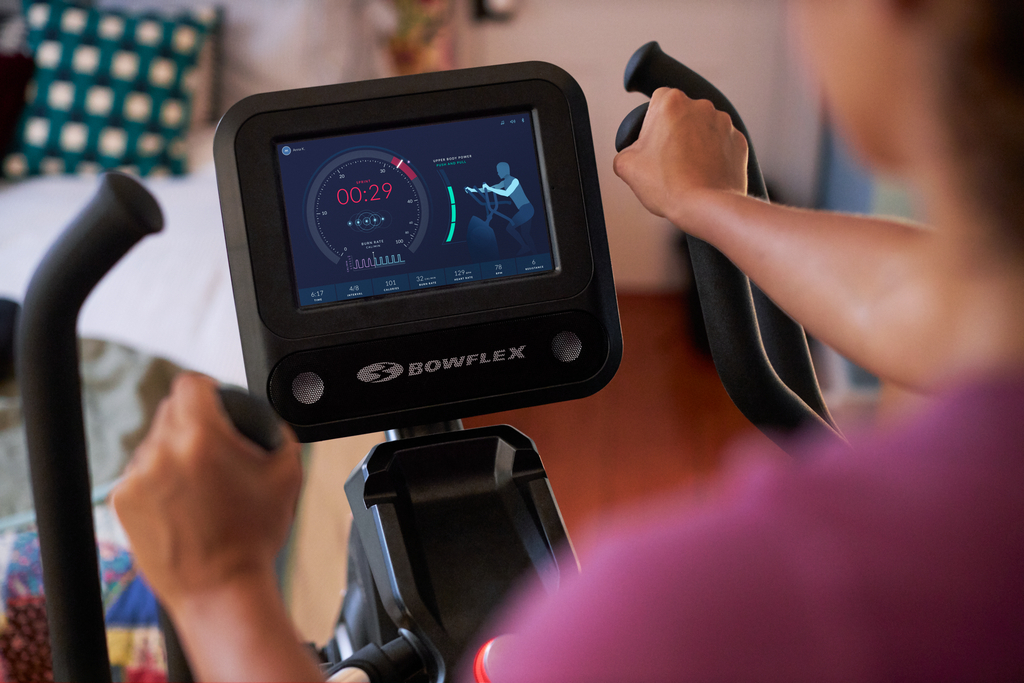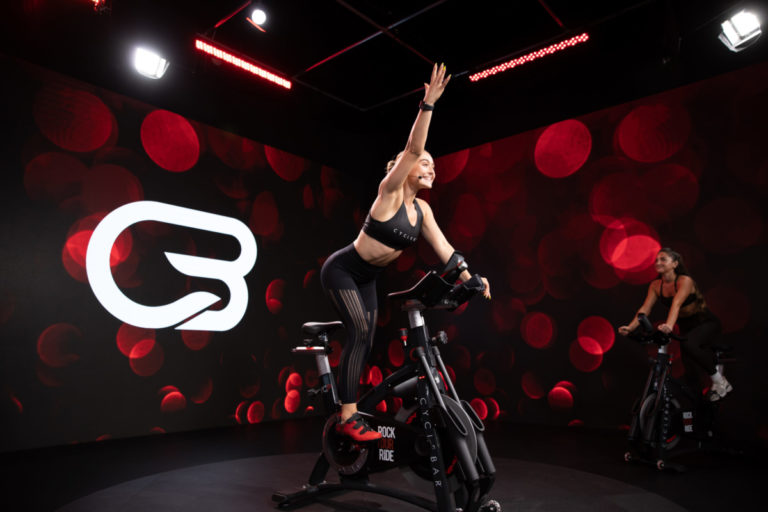Nautilus reported Q1’23 earnings on August 9. The operator of Bowflex, Nautilus, and Schwinn brands is doubling down on connected fitness despite slowing demand and mounting losses.
By the numbers:
- Q1 net sales declined 70.3% YoY, from $184.6M to $54.8M.
- Net loss was $60.2M vs. a net income of $13.9M in the same period last year.
- Operating loss was $51.2M, a negative 93.4% operating margin.
- Its direct segment sales dropped 58.2% YoY while retail sales slipped 77.3%.
Between the lines: Compared to 2021’s boom, connected fitness looks like a disaster.
Banking on a big uptick in the back half of the year, Nautilus CEO Jim Barr is still bullish on connected fitness.
“Pre-pandemic, about 40 percent of people for whom fitness is important worked out at home. Even as more people headed back to the gym, that number is close to 70 percent, and it has now held steady for over 15 months.”
A potential red flag, Nautilus is trying to succeed where countless others have stumbled.
Following the North Star. Now in year two, Nautilus is sticking to its “North Star” strategy as it transitions from product-led hardware company to consumer-led digital company. Selling off its Octane commercial business in 2020, the at-home fitness company has used its equipment (led by Bowflex) to push highly motivated exercisers, or “enthusiastic cross-trainers,” toward its digital subscription platform JRNY.
This quarter, JRNY hit 360K members. Unfortunately, only 80% of Nautilus’s portfolio is JRNY-capable, and just a third of its memberbase are paying subscribers.
Fitness SZN. Barr is rallying the company around a period it calls “fitness season,” right-sizing inventories and improving the direct order process to hit its $380–460M FY revenue projection. It also expects to achieve 500K JRNY members by May 2023.
On one hand, its $149/year JRNY platform is cheaper than many other connected fitness subscriptions.
On the other, assuming “fitness season” means winter, swings in brick-and-mortar foot traffic will be far less volatile than they were earlier in the pandemic — and many at-home exercisers already have a machine.
Looking ahead: In the face of dwindling demand and economic uncertainty, Nautilus is opting for optimism. Surveying the landscape, from Peloton to iFIT, it’s hard to see how they snap the streak of connected fitness companies forced to change course.






